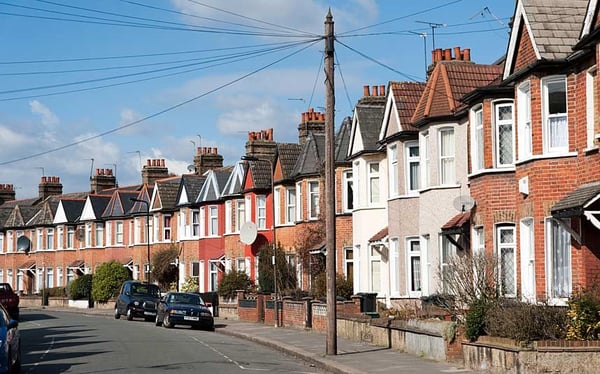

Brits at home and overseas were glued to their screens this week…
As Chancellor Philip Hammond delivered his budget speech.
Here are the key points for UK expats…
And what they mean for you financially.
Personal taxation, exemptions and reliefs:
Philip Hammond’s most notable quote from the speech is:
“Austerity is coming to an end but discipline will remain”.
He assured that the hard work of British people is paying off.
He is raising the personal tax allowance to £12,500…
And the higher rate threshold to £50,000 from April 2019.
It will mean an income tax cut of around £130 for a typical basic rate taxpayer.
Self-employed workers may see their tax bills increase from 2020 onwards…
As the government expanded the off-payroll working rules, known as IR35, to the private sector.
The move will force many contractors such as IT and management consultants…
(Who work through their own company but are, in practice, employed by a third party)…
To pay the same tax as employees.
In a surprising move…
The Chancellor announced potential changes to a number of reliefs which could affect unwitting expats.
Firstly, Mr Hammond mooted a reduction to the qualifying period for relief on the sale of an individual’s family home – their principal private residence.
The sale of the family home is usually exempt from Capital Gains Tax…

And continues to be exempt for 18 months once the owner has moved out.
However, from April 2020, this 18-month period is set to be cut to 9 months.
The Chancellor also announced a restriction to lettings relief.
Previously, a landlord was allowed to claim up to £40,000 to mitigate Capital Gains Tax on the eventual sale of a property…
(If it was the owner’s main home for any period).
However, Mr Hammond is proposing to restrict this relief to only cover periods where the owner is occupying the same property under shared occupancy.
Those with shares in UK private businesses should also note tweaks relating to entrepreneurs’ relief…
Meaning some investors may not be able to claim the reduced rate of Capital Gains Tax on disposal of their shares.
ISA subscription limits for UK resident adults will remain at £20,000 per annum, while the Junior ISA limit increased to £4,368.
The Capital Gains Tax annual exemption will increase to £12,000 per person from April 2019.
Key points for expats:
The increase in the personal allowance is welcome news for expatriates who have UK-derived income.
This could include UK pension income or rental income from UK properties.
However, owners of UK properties should be concerned about the impact of the loss of valuable reliefs…
Such as lettings relief and the reduction of the qualifying period for the extension of principal private residence relief.
Some expats who work as contractors under their own UK-sited company…
(Such as IT consultants)…
Could be affected by the changes to off-payroll working rules from 2020.
Pensions
Despite much speculation, Mr Hammond did not tinker with the annual allowance…
Or tapered annual allowance.
He also did not interfere with the current rules around drawdown and tax-free cash.
However, many market commentators are calling this a temporary respite…
And note that Mr Hammond has previously described the current HMRC tax regime on pensions “eye-wateringly expensive”.
Many ultimately feel that pensions will come under the microscope again in the not too distant future.
Key points for expats:
For once, expatriates approaching retirement could breathe a sigh of relief as there were no significant changes to tax-free cash limits or drawdown.
The Lifetime Allowance will increase to £1,055,000 from April 2019…
(The amount an individual can accrue within pensions without suffering punitive taxation).
Other announcements
Corporate tax and spending:
The UK will introduce a Digital Services Tax (DST) from April 2020…
And is expected to raise £400m annually.
DST will only be paid by profitable companies that generate at least £500m in annual global revenues.
Health:
Mr Hammond says they will deliver a £20.5bn real terms increase for the NHS in full over the next five years.

Economy and forecasts:
The Office for Budget Responsibility (OBR) forecasts GDP growth in 2019 to increase from 1.3% to 1.6%.
Government borrowing this year will be £11.6bn less than forecast at the Spring Statement and fall from £31.8bn in 2019/2020 to £26.7bn in 2020/2021.
If you want help reviewing your current portfolio to ensure it works for you, give us a call.
We’ll look into it for you and give you expert, unbiased advice on the recommended next steps.

